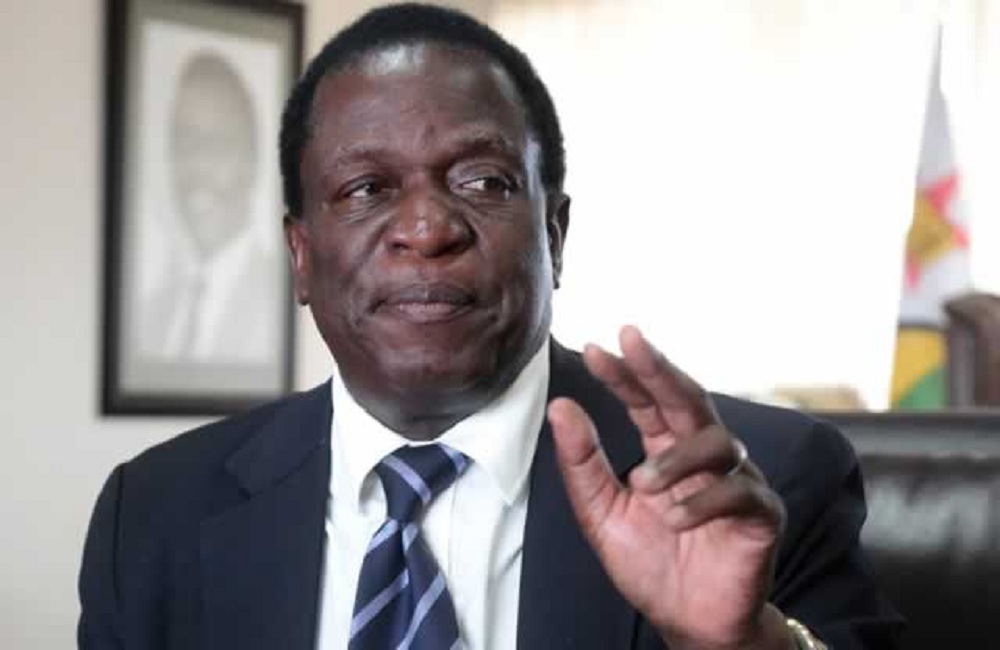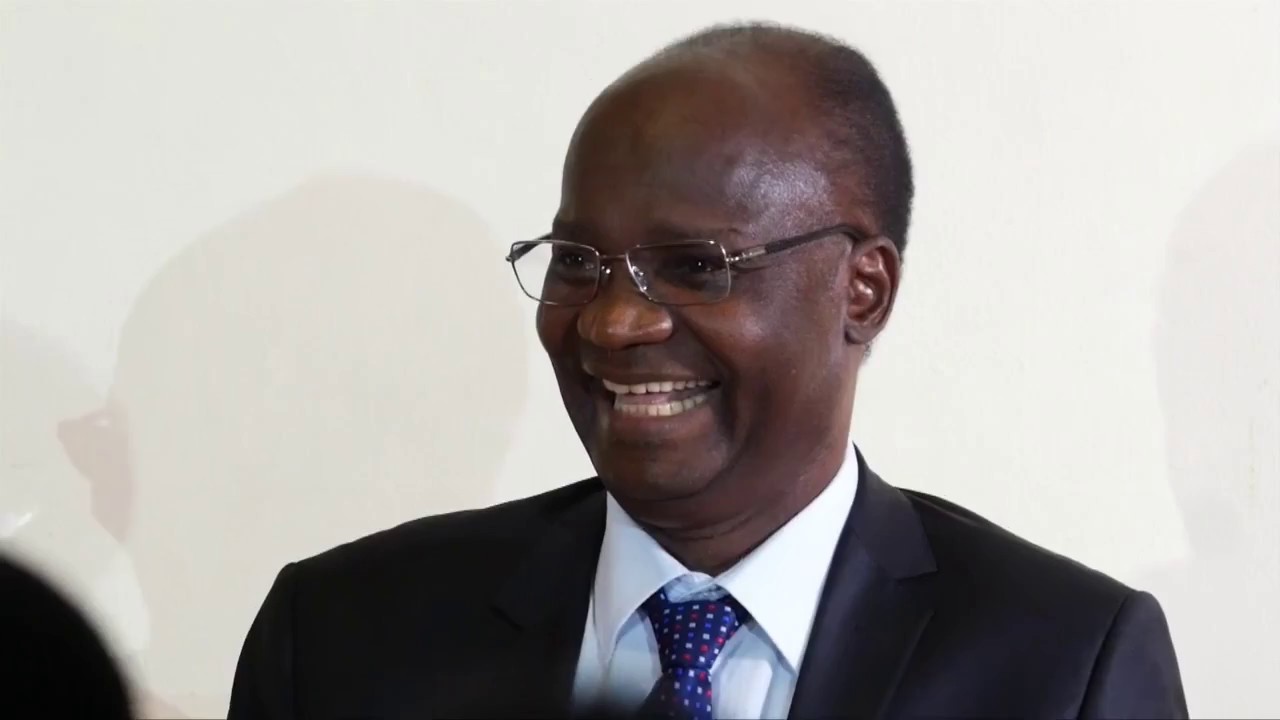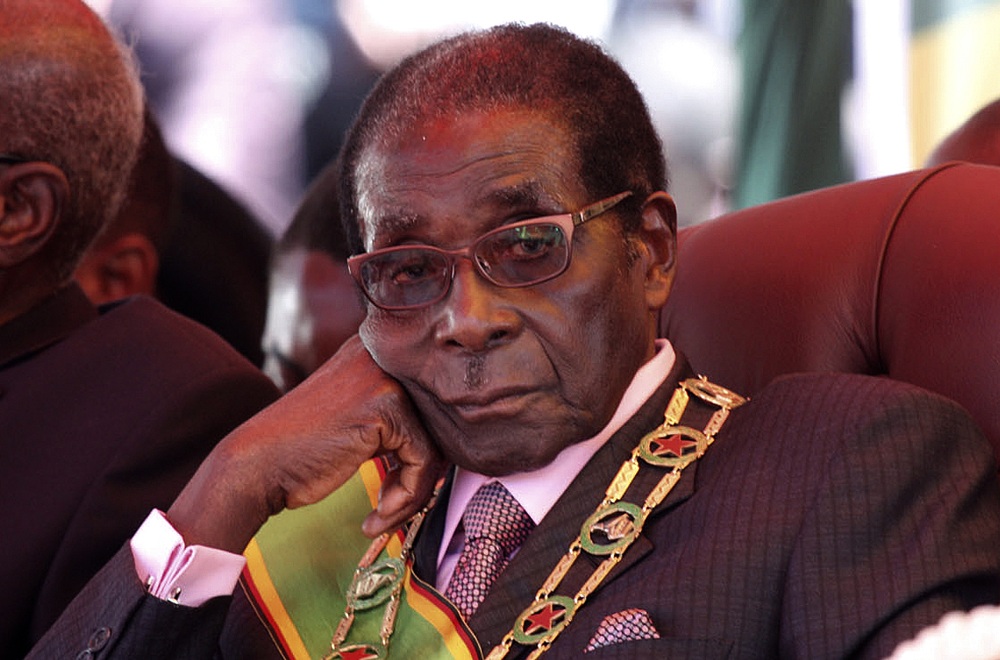Emmerson Mnangagwa was sworn in Friday as Zimbabwe’s new president, ending 37 years of authoritarian rule by Robert Mugabe.
Earlier this month, on Nov. 5, Mnangagwa was fired from his position as Zimbabwe’s vice president amid a succession struggle with Mugabe’s wife, Grace.
Two weeks later, the 75-year-old politician was sworn into office as the leader of the southern African nation in the 60,000-seat National Sports Stadium in Harare where the crowd cheered for him after the swearing-in ceremony.
Known as “the Crocodile,” he has close ties to Zimbabwe’s army. Among the many tests he faces will be rebuilding the country’s economy, which was left shattered by nearly four decades of Mugabe’s rule.
Former President Mugabe and his wife, Grace Mugabe, have been granted immunity from prosecution.
The military took over state institutions after Mugabe, 93, fired Mnangagwa and suggested he would appoint his 52-year-old wife to the post.
READ: Journalists to form tobacco harm reduction network
Human rights groups have accused Mugabe of rigging elections, allowing large-scale corruption, and being responsible for the torture and killing of thousands of political opponents during his long rule.
US Secretary of State Rex Tillerson has urged Zimbabwe’s new leaders to ensure the country holds free and fair elections.
“The people of Zimbabwe must choose their own leaders,” he said Tuesday.
Concerns about Mnangagwa
Some Zimbabweans told VOA they have concerns about Mnangagwa, who was a close ally of Robert Mugabe for decades. They are concerned he will run Zimbabwe in the same ruthless fashion as his predecessor.
John Campbell, a senior fellow at the Council on Foreign Relations, said because Mnangagwa played such a key role in Robert Mugabe’s administration, he does not anticipate a dramatic change in the style of governance in the short term.
“Nevertheless, the fact that there has been a coup, the fact that Mugabe has resigned, opens the range of possibilities.” Campbell told VOA. “Whether or not the Zimbabwean people will take advantage of that it is too soon to tell.”









![Robert Mugabe, who died at 95, eulogised by President Uhuru Kenyatta who eulogises the departed Zimbabwean leader and directs that national flag be flown at half mast for three days. www.businesstoday.co.ke]](https://businesstoday.co.ke/wp-content/uploads/2019/09/Robert-Mugabe-Zimbabwe.png)



Leave a comment